Chapter 21
Social Change
By Boundless
Social movement theories seek to explain how social movements form and develop.
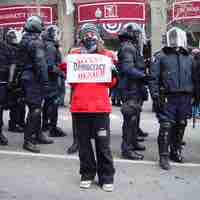
Social change is influenced by random as well as systematic factors, such as government, available resources, and natural environment.
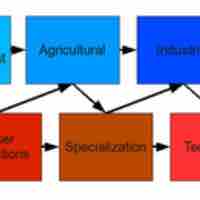
The Four Social Revolutions refer to the identification of social change through modes of subsistence.
Gemeinschaft describes groups in which the community takes precedence over the individual; gesellschaft prioritizes the individual.
Sociologists Weber, Marx and Durkheim envisioned different impacts the Industrial Revolution would have on both the individual and society.

Over time, the concept of culture has transformed into a more inclusive concept.
Social cycle theories argue that historical events and the different stages of society generally go through recurring cycles.
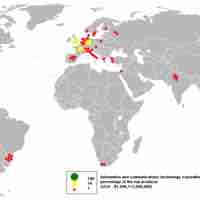
William F. Ogburn's theory suggests that technology is the primary engine of progress.
Social movements are broad alliances of people connected through a shared interest in either stopping or instigating social change.
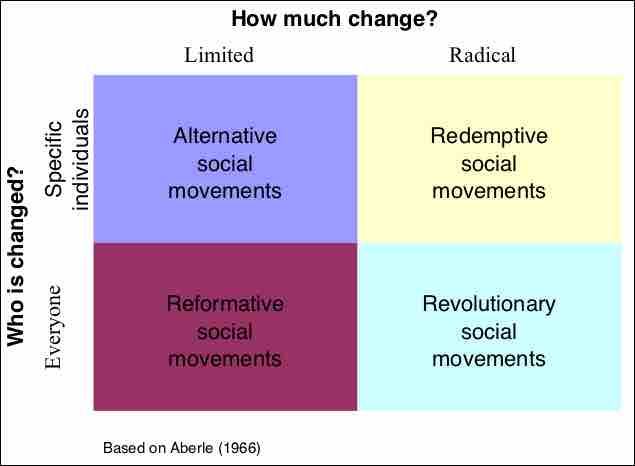
Social movements occur when large groups of individuals or organizations work for or against change in social and/or political matters.

Mass media can be employed to manipulate populations to further the power elite's agenda.
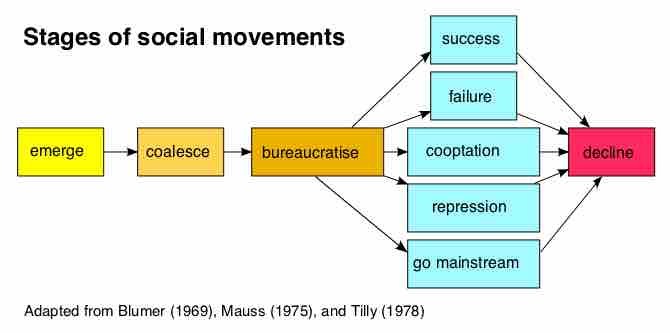
Social movements typically follow a process by which they emerge, coalesce, and bureaucratize, leading to their success or failure.

Social scientists have cited 'relative deprivation' as a potential cause of social movements and deviance.

The resource-mobilization approach is a theory that seeks to explain the emergence of social movements.
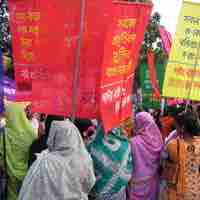
The feminist movement refers to a series of campaigns on issues pertaining to women, such as reproductive rights and women's suffrage.

New social movements focus on issues related to human rights, rather than on materialistic concerns, such as economic development.
